On New Year most Japanese visit a shrine, but it does not mean they are believe in the traditional Japanese religion, Shinto, while it is said that over 90% of the Japanese belong to Buddhist faith, but it is only as a matter of form. They do not have the custom of daily worship. They […]
[Blog #9] Casual conversation and polite conversation
There are two different Japanese conversations. One is casual, mostly used among family members and close friends. Their communication is made mainly words only, as in “iku, shibuya, ashita? (Go, Shibuya, tomorrow?) and “dame, ashita, baitto” (No, tomorrow, Part time job). Casual conversation is easier for Japanese learners. While, polite conversation is used when you […]
Experience of the ordinary Japanese life, in a special one-day adventure
If you visit Japan, it is nice to travel the famous sightseeing places or off the beaten track of your own. We believe you are also interested in knowing the real Japanese life, which you can not observe in ordinary travel. If you have one day, It is possible to see their inside and can […]
Japanese have a strong sense of seniors – juniors positions
When Japanese children enter junior high school, they start calling the students in the higher grades “sennpai” and the students in the lower grades “kouhai.” Seniors – juniors relations become clear at this stage. In club activities in particular, the older students hold a position of absolute authority. Seniors – juniors relations like these are […]
Experience Real daily life of the Japanese at a Bed town of Tokyo – Shinyurigaoka
Japan is very attractive county with many sightseeing spots, like in Tokyo and Kyoto. It is good to visit those places, but recently many visitors on the other hand wish to know the daily life of the Japanese that you can hardly experience. Now it is possible on one day program. If you have one […]
Japanese Behave in Conformity with the Rules
When a traffic signal is red, it means “stop,” but many people in the world often ignore it, while almost all Japanese stop even in midnight, and not throwing drink cans and cigarette butts in the street or urinating at the roadsides. For the most part, Japanese are conscientious about obeying rules. The tendency is […]
[Blog #8] Japanese language’s OS differs from English’s
You can see that language and culture are reflection of the mind of the people. Mind refers to the perception and value of the people for things. In computer term, you may say mind is OS and language and culture are apps. The secrete of the deep understanding of foreign language will learn the OS […]
Separately use what they say outside from what they think inside
In Japan all gambling, except authorized public organization, is banned. However, no matter where you go, you will find some pachinko parlors near the railway stations. Pachinko is the Japanese version of the slot machine. If the machine gives you a lot of balls, you can exchange them for some goods. Up to this, tit […]
[Blog #7] English Words Change into Japanese Styles
There are many English words used in Japan. So, you may convey your intention by saying only English words. If you pronounce the words in the Japanese way, you will be understood better. English words are pronounced as they sound in Japanese. Longer words are abbreviated. Examples: supper market → su-pa-, department store → depa-to, […]
Is Japan being totalitarian?
In the case, your company is busy and overtime work seems necessary, on this situation most Japanese would follow the instruction of their boss. What do you do? Long time ago most Japanese were agricultural people that the work was done communally. It seems they have built up a sense of solidarity. Their fates were […]

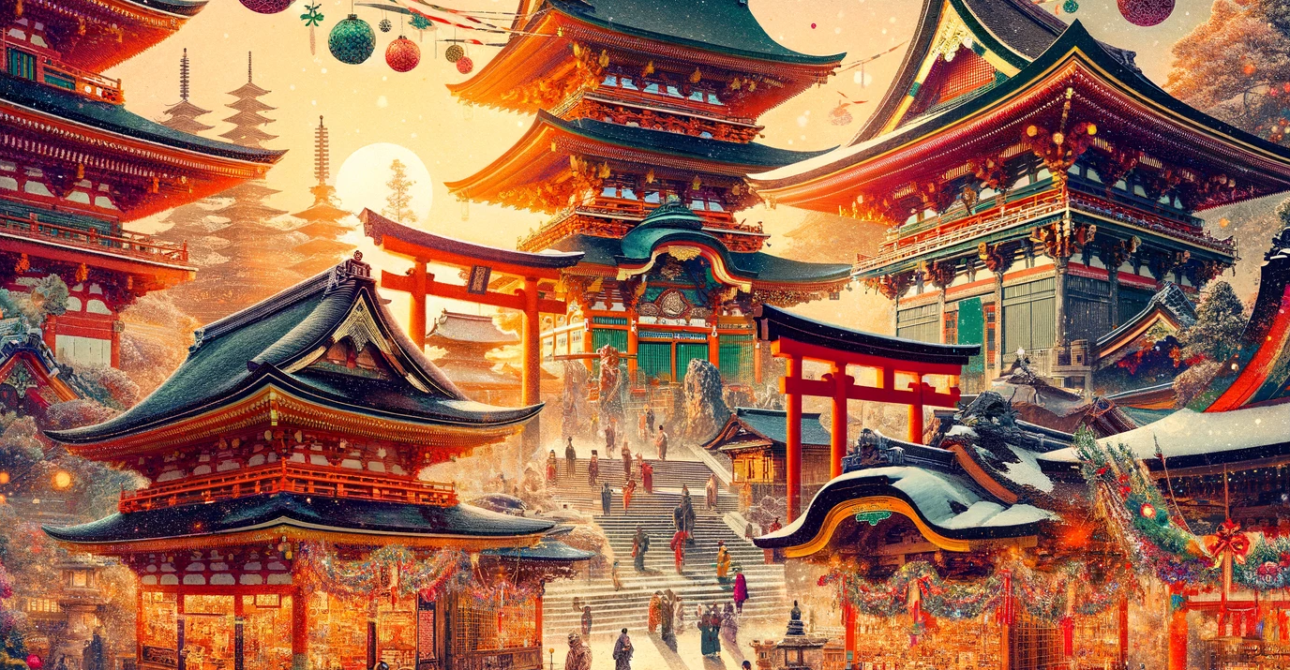
![[Blog #9] Casual conversation and polite conversation](https://wacoy.online/wp-content/uploads/2024/03/nihongo-blog-img-20240311-1290x670.png)
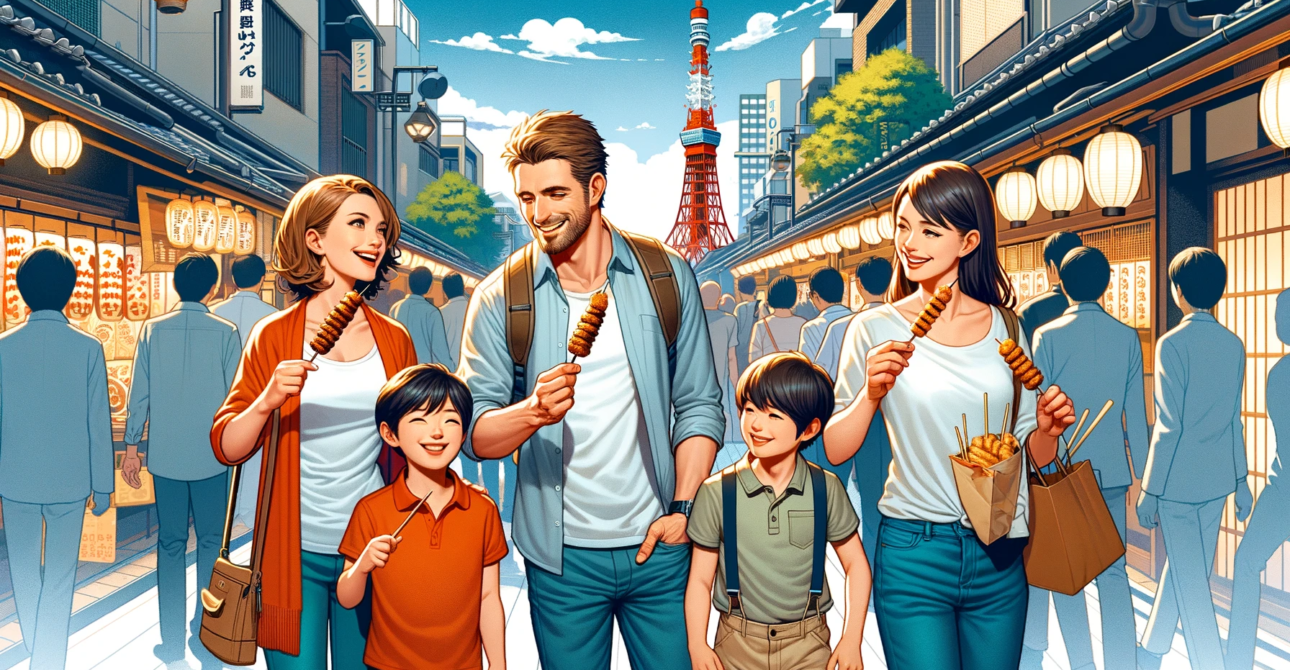
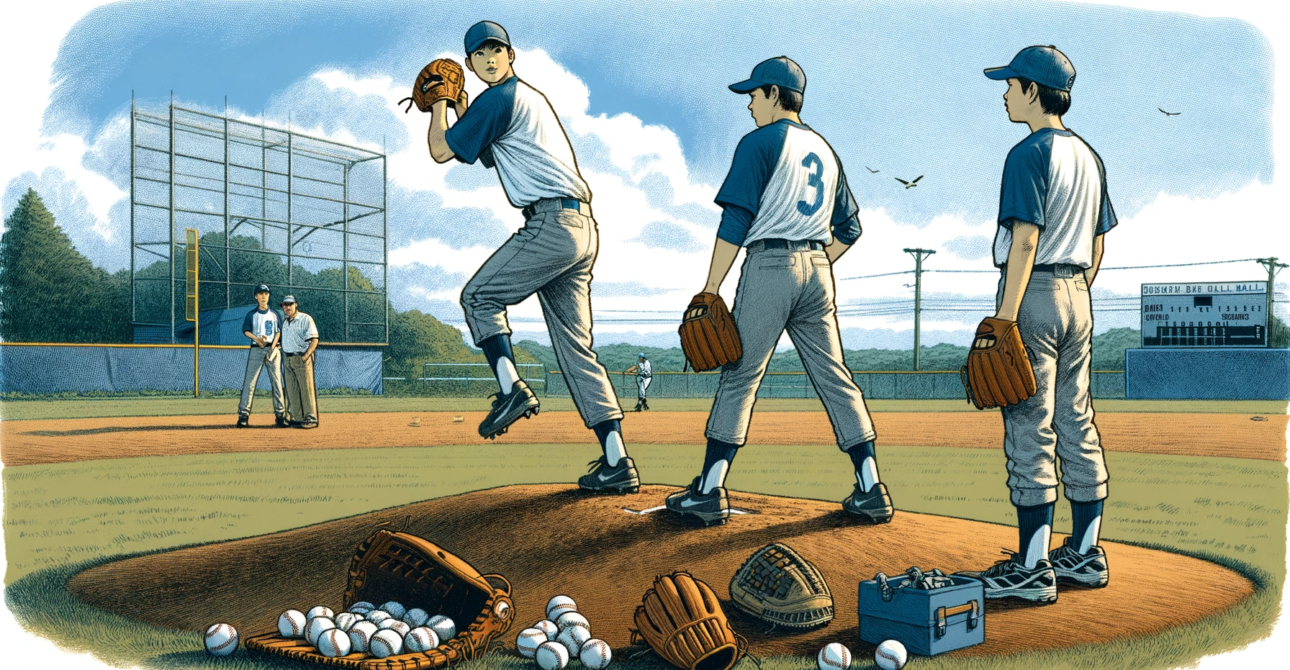
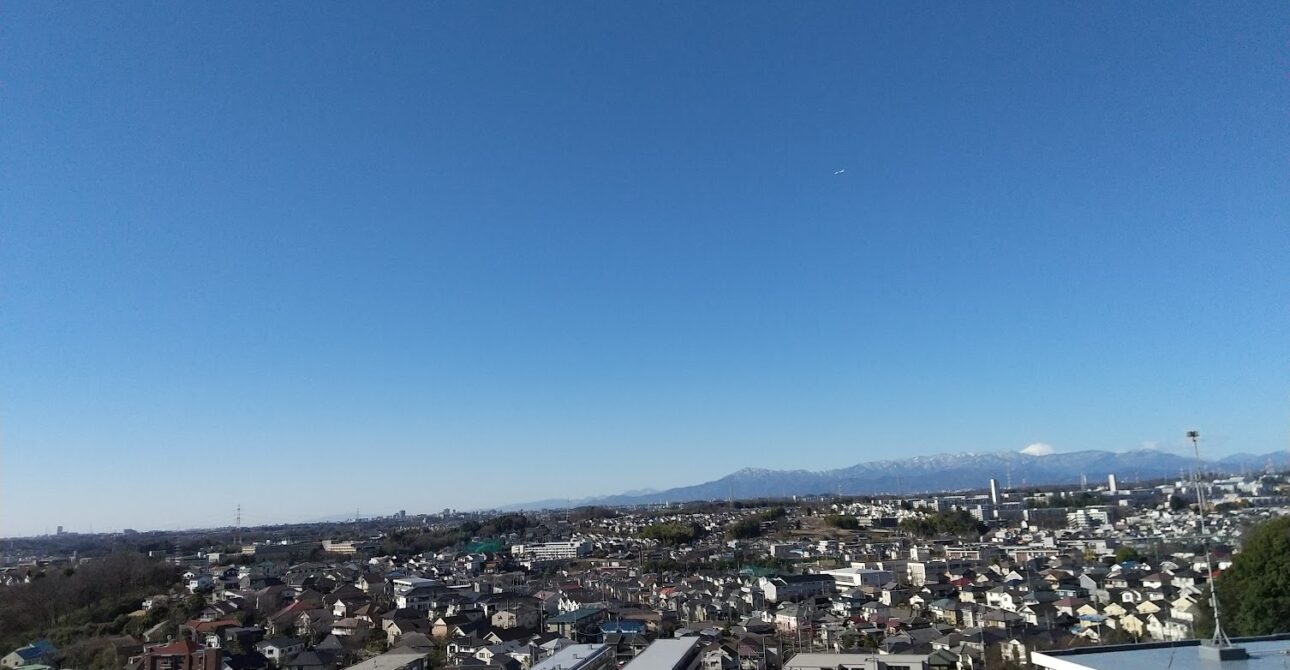
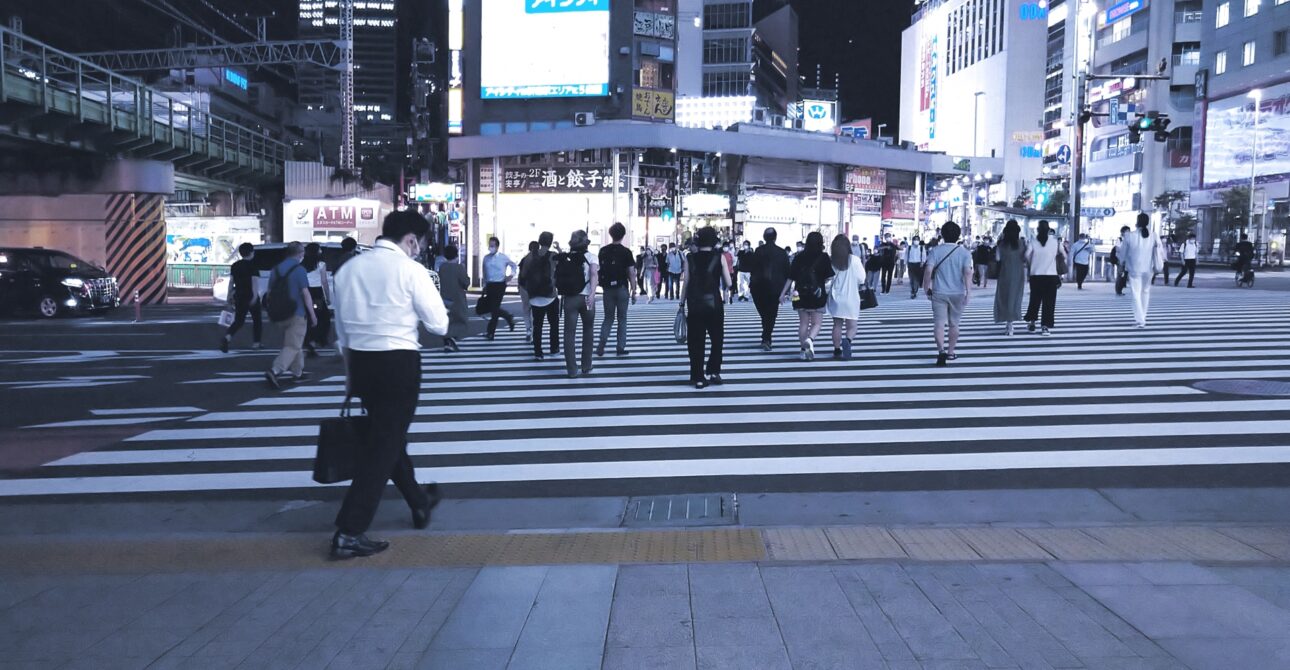
![[Blog #8] Japanese language’s OS differs from English’s](https://wacoy.online/wp-content/uploads/2024/02/nihongo-blog-img-20240228-1290x670.png)
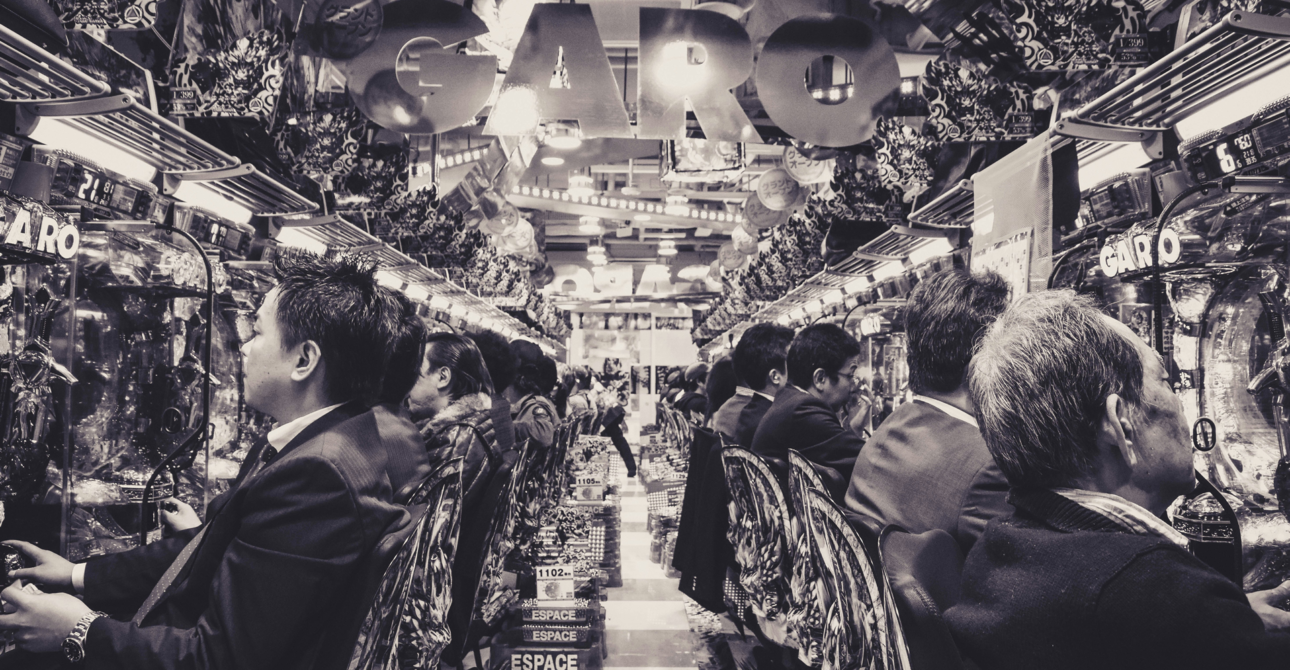
![[Blog #7] English Words Change into Japanese Styles](https://wacoy.online/wp-content/uploads/2024/02/blog-img-20240225-1290x670.png)
